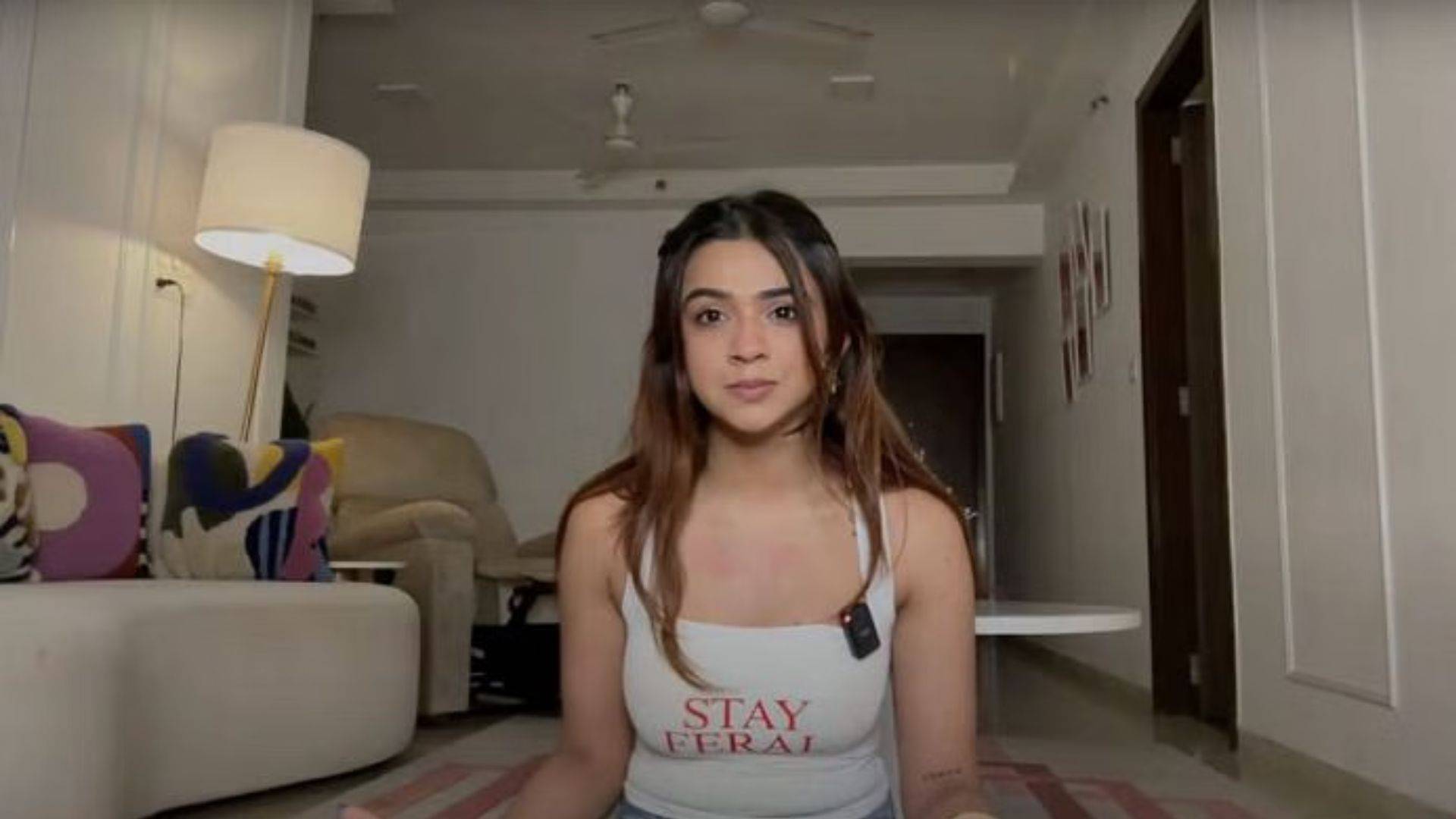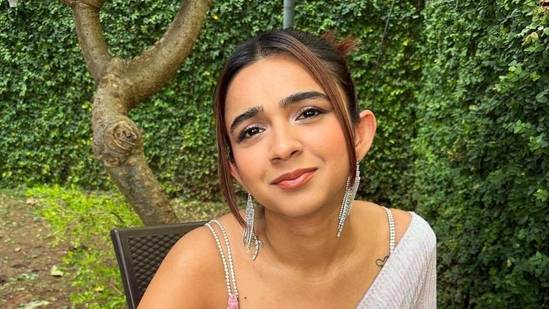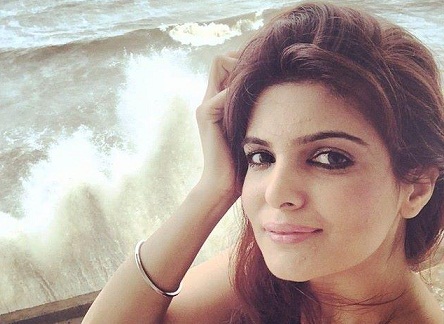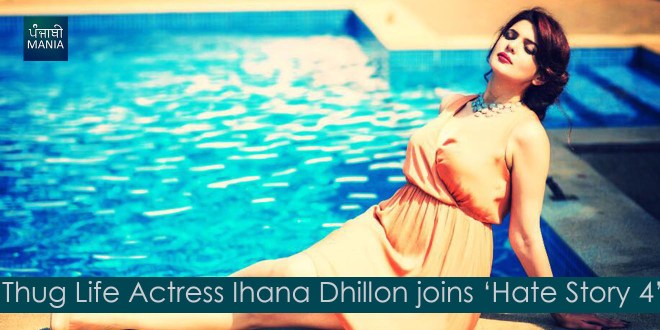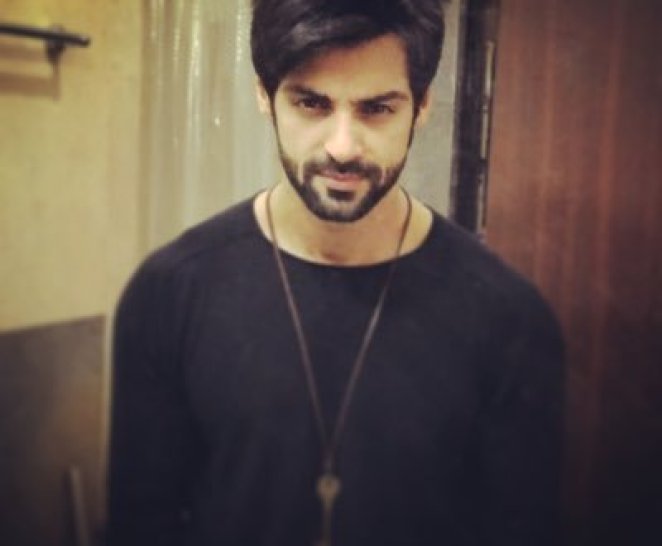What started as a moment of humor on a light-hearted reality show turned into an unimaginable nightmare for 23-year-old content creator Apoorva Mukhija. Known online as The Rebel Kid, Apoorva was once celebrated for her relatable content and quick wit until a single appearance on India’s Got Latent changed everything.
As one of the judges on the creator-focused show hosted by Samay Raina, Apoorva made a few spontaneous remarks that, to her shock, triggered a tidal wave of outrage. But this wasn’t just criticism. It was a witch hunt.
In her long-awaited comeback video titled “Not Over Until I Say It Is,” Apoorva returns after two months of silence, visibly shaken and vulnerable but resolute. Through trembling words and tear-filled eyes, she shares the terrifying aftermath: rape threats, acid attack messages, death threats from strangers, and one message that sent her into full-blown panic, someone claimed to know her building.
“I couldn’t understand what was happening,” she says. “These were things we only saw in movies. Now, I was living it.”
Her sense of safety, once grounded in the city she loved, was shattered. “I loved Bombay for its security,” she said, struggling to hold back tears. “I never thought I’d be afraid to return to my own house.”
The hate didn’t stop with her. People found her mother’s social media account and began hurling abuse there, too. Her father, the man whose pride meant everything to her, sent her a message that anchored her in a moment of total despair: “Beta, kuch bhi ho jaye, main khada hun tere saath.” She broke down recounting those words: “I felt like I had become my father’s worst nightmare.”
Behind the screen and fame, there was a daughter, a friend, a young woman who simply didn’t see it coming.
Apoorva also offered an apology for her comments on the show, explaining that they were meant to be humorous and came in response to a cruel remark directed at her best friend. “I never meant to hurt anyone,” she said.
Now, her video is not just a comeback, it's a mirror held up to the internet’s ugliest side, reigniting important conversations about digital safety, empathy, and what accountability should really look like in the age of virality.

